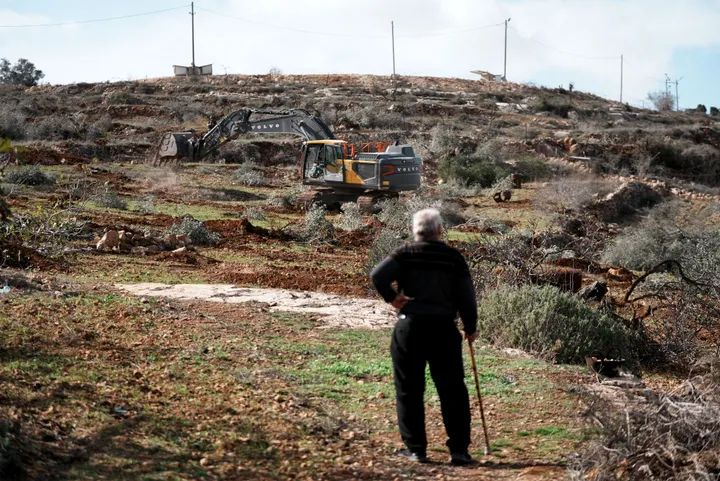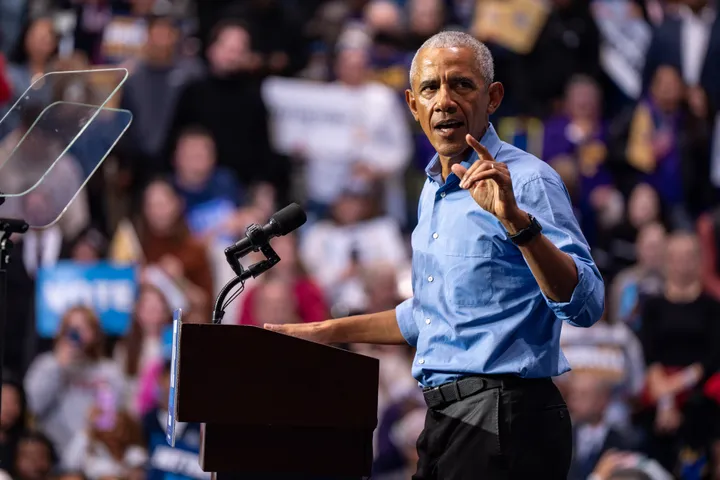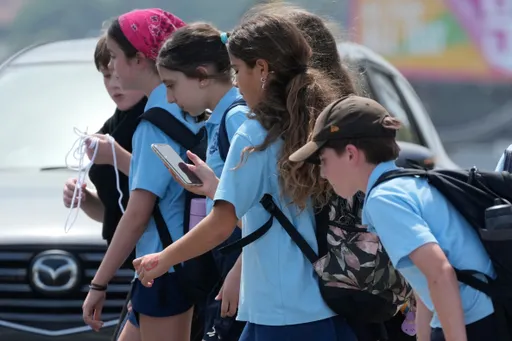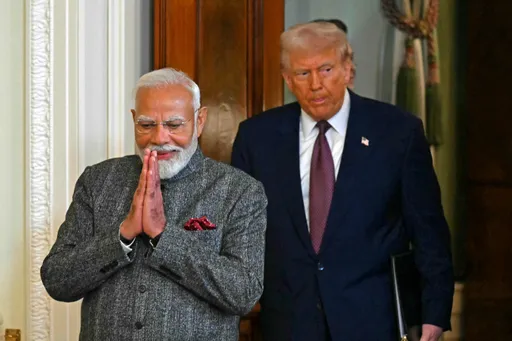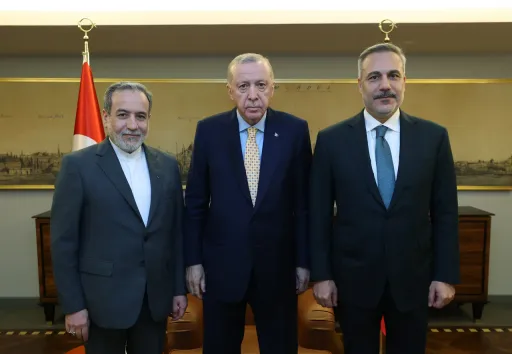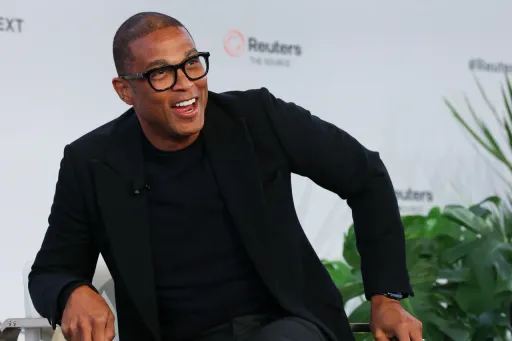By Gaure Mdee and Charles Mgbolu
Mixed Martial Arts (MMA), a high-intensity full-contact combat sport, is fast gaining ground in Africa. Nineteen African countries have recognised MMA and registered it as a national sport.
This high-energy contact sport demands a lot of guts—with kicks, punches, and lots of ground fighting.
If you must watch a game of MMA, you must prepare your mind to see the extraordinary resilience of the sweat-drenched fighters.
Cameroon, Zambia, Algeria, Tunisia, Angola, Ghana, Morocco, and Egypt are among African countries where the sport has been officially recognised.
Hopeful that the continent could have more trailblasers, such as the 'Nigerian Nightmare', whose real name is Usman Kamaru, the first African-born champion in UFC history who clinched the title in March 2019.
Later that same year, his fellow countryman by origin, Israel Adesanya, won the middleweight championship, albeit as a New Zealand national.
Francis Ngannou, an ex-boxer of Cameroonian origin and French nationality, has also heavily influenced the sport on the continent. He became a heavyweight champion in 2021.
But forging an indigenous MMA African ecosystem with the hope of plugging the continent into the global fight scene is a long journey of blood, sweat, and tears.
Chris Tibenda, a Tanzanian Mixed Martial Arts star, says weak local MMA in most African countries continues to impede growth.
‘’We have boxers, we have kickboxers, and we also have wrestlers. Fundamentally, they know the skill, but they don't necessarily have the community and also the platform that can allow themselves to grow their skill and compete internationally, Tibenda tells TRT Afrika.
There is also a lack of fight tournaments, which discourages the sharpening of fight skills.
‘’Most of the fighters we have in Africa, in Nigeria, for instance, no one has done up to seven fights in general,'' Henry George, who is the President of the MMA in Nigeria, tells TRT Afrika.
But there is a strong effort from local MMA fighters to project the sport beyond the continent.
‘’People did not know that there were clubs that were doing MMA. Jijitsu, kickboxing, and boxing at this level, and because we were able to shine in the limelight, more people were open to train and come to classes because, first and foremost, it's not just a sport but also a way of life,’’ says Tibenda.
Ghana, for example, has developed the Wushu Martial Arts Association of Ghana.
East Africa also has promotions like 1 Zone featuring emerging fighters such as Tanzania’s Chris Tibenda and Uganda’s Rebecca Amongi.
Another heavyweight in the region is Impact Championship from the DRC, which is forming an East African MMA circuit.
''We are among the first African countries, along with South Africa, to recognise the sport, and today a lot of young people are involved more than many other countries in the region here in the DRC,’’ says Adam Mozer, a DRC MMA promoter.
‘’We have 25 clubs around the country, which is a total of 1000 youth in different clubs, and MMA is recognised by the government,’’ he added.
In 2022, more than 20 fighters from various African nations converged in Windhoek for Namibia's first-ever mixed martial arts event.
In South Africa, the sport has attracted the attention of fighters from outside the continent, like Scotland, France, and Germany.
Bloody mugging
Chris Tibenda, a leading voice for MMA fighters in Tanzania ventured into the sport after a life-altering incident.
‘’The main reason why I started doing MMA was due to mugging. I was taking my sister out for a walk one day, and sadly, I got mugged and was severely wounded. Ever since that day, I have invested myself in the world of martial arts and combat sports’’ he tells TRT Afrika.
MMA experts, however, say the continent should not just focus on playing in the global space but be prepared to be a formidable force.
''My dream is for us to have proper development of the sport. When you talk about the development of the sport, from my experience, 80–90% of the coaches we have today are coaches and athletes who make transitions from different sports, like karate, judo, wrestling, and all that. You see, they are not well grounded when they talk about MMA,'' Ambassador Henry George says.
''I want to win more so I can inspire more people to join the sport, mainly because the sport has helped me connect with lovely people and has helped me become a better human being. Being able to protect myself and the people that I love,'' Tibenda concludes.
Click here to follow our WhatsApp channel for more stories.


